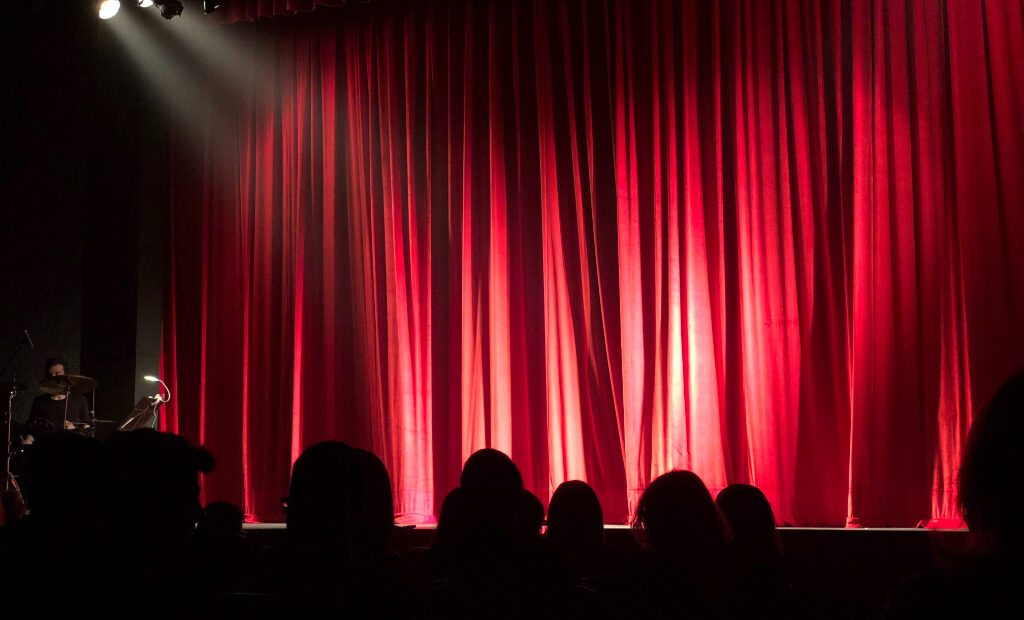Theatre in 2020: a recap (and an outlook for 2021)

With the new Coronavirus strain among the UK and the numbers of infections rising again at an exponential rate, it seems strange to think about the future of theatre in London. If 2020 has taught us anything, it’s the sheer unpredictability of both the pandemic and our situation. From one day to another, the public is faced with new developments that turn any certainties entirely on their head; it’s like waiting for a grotesque rabbit-out-of-the-hat moment. 2021 is therefore starting with an equal amount of precariousness, and any predictions made are almost guaranteed to end up being proven false.
There have only been a few times in history that have been as bleak for the metropolis’s theatre scene as the past year. Many have had to close permanently due to a lack of funds as they were forced to shut their doors for an unknown amount of time. Support from the government hasn’t been absent, but it never was enough to save everyone. Charity events have been able to preserve some playhouses, and large shows with a lot of money behind them such as Hamilton or Harry Potter and the Cursed Child will be kept afloat anyway, so playgoers can at least rest assured that there will at least be some productions left after everything has been said and done. There’s no doubt that the landscape is scarred and won’t return to what it was for several years, but, rest assured, it will not die. It will recover eventually, even if it takes a while.
Despite these setbacks, 2020 has also been a catalyst for innovation. Being forced to work with streaming services has resulted in new ways of telling narratives, such as Swamp Motel’s “immersive entertainment” or Darkfield Radio’s evocation of the uncanny in the comfort of one’s own home. Other organisations have presented recordings of past hits from the past, such as The Show Must Go On! or the Royal Opera House. Straight-forward streaming technologies were also utilised, such as Alan Bennett’s Talking Heads, a series of short plays created in collaboration with the BBC. This winter, there have even been traditional pantos performed via Zoom, making use of the intimacy offered by the platform and thus enabling congenial interaction with the audience. While many of these digital performances stretch the definition of theatre, they do prove that there are a number of other ways to expand the boundaries of entertainment. Likewise, it demonstrates humanity’s ability to come up with novelties in story-telling which hadn’t been thought of before.
There are several good reasons to remain cautious, however. The increasing infection numbers are horrific and in time there could even be new strains threatening us. That being said, the Pfizer vaccine is already being rolled out to millions, and the Oxford-AstraZeneca version has just been approved for use in the UK. At last, it looks like there may be light at the end of the tunnel. While it could be some time before audiences can safely go out and see a live production in a physical space again, the recent months have demonstrated that the craving for theatre is strong enough to keep the industry afloat. Once doors are opened again, there’s bound to be a great influx of shows.
Michael Higgs





















Facebook
Twitter
Instagram
YouTube
RSS